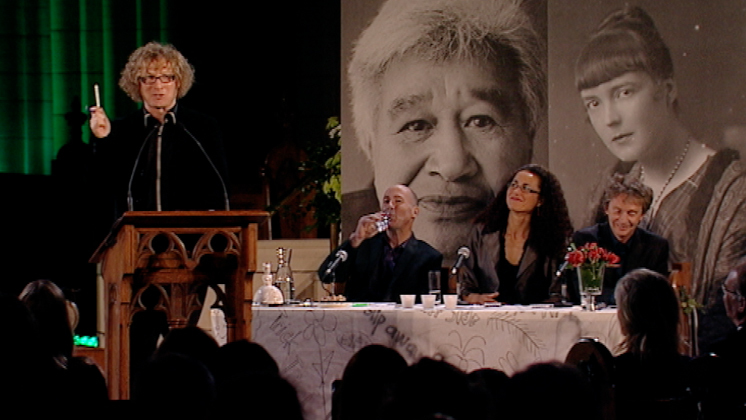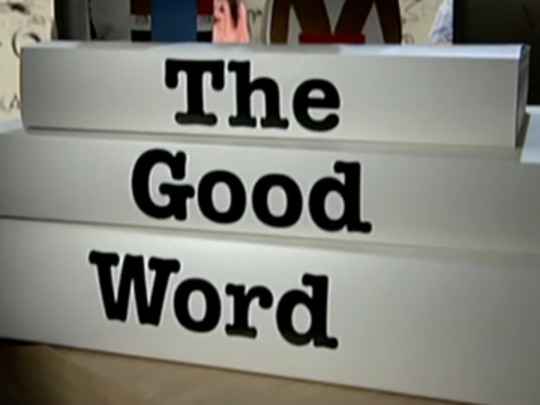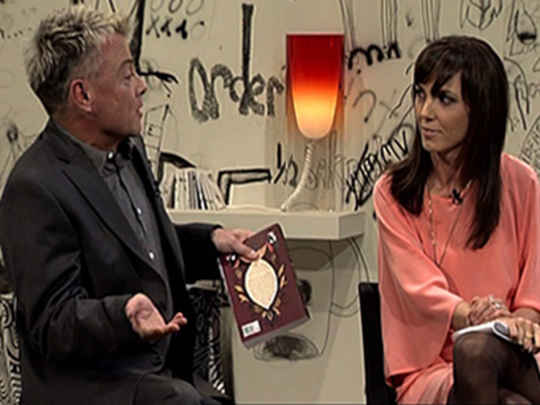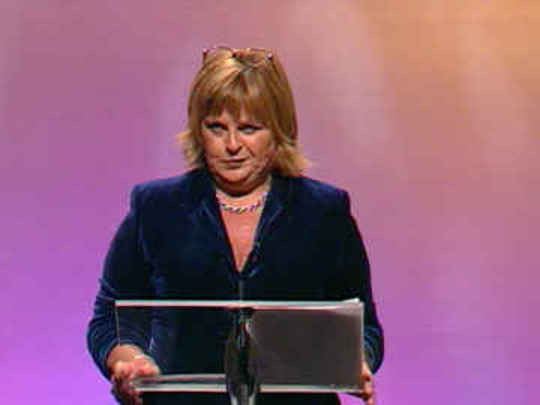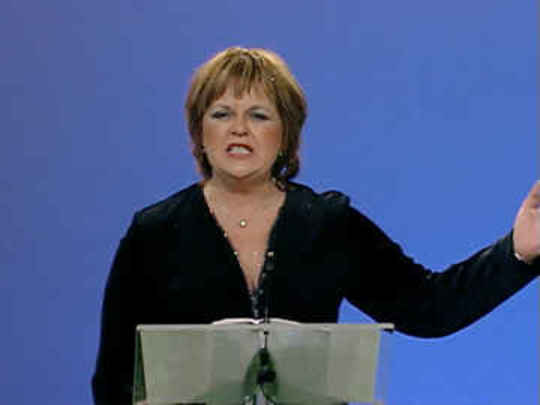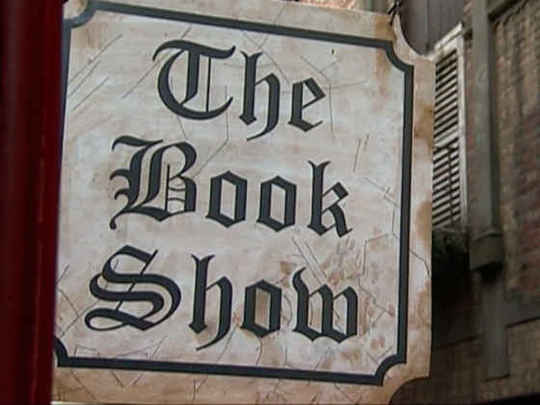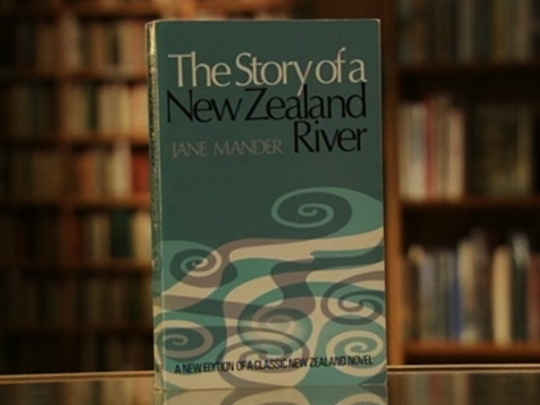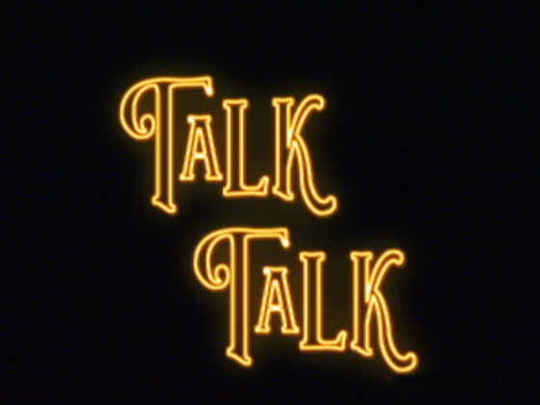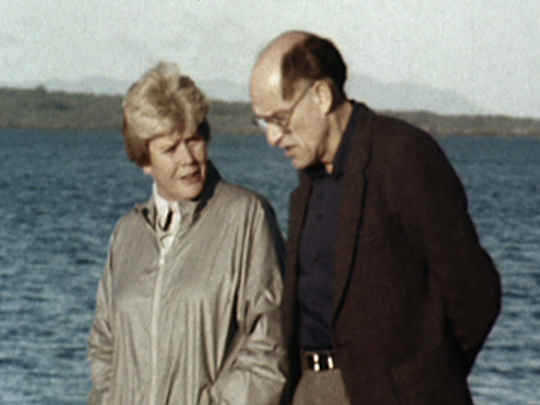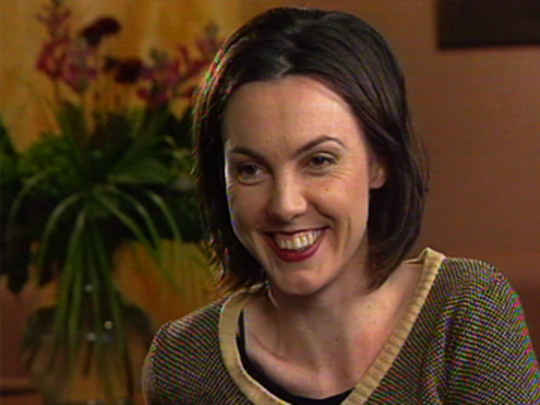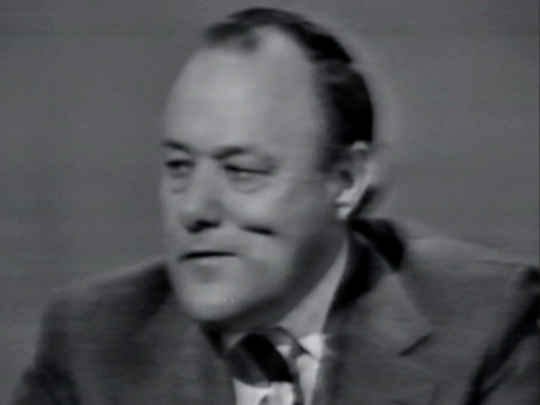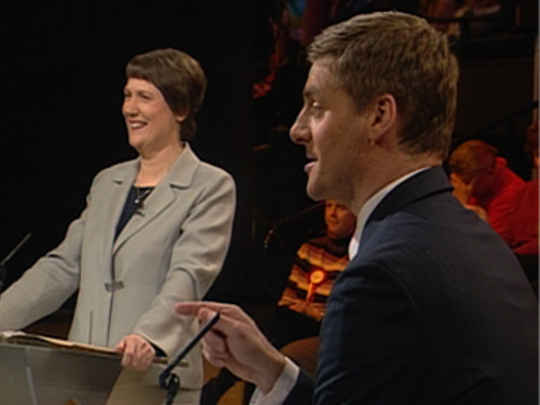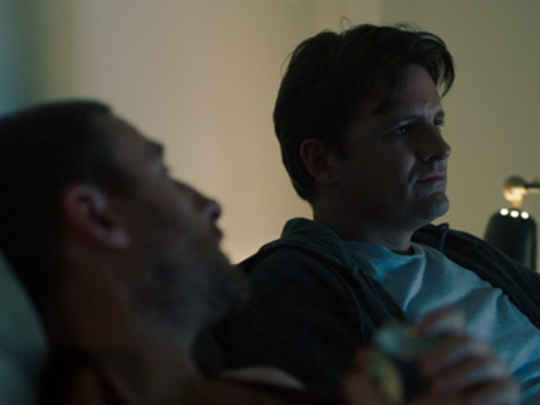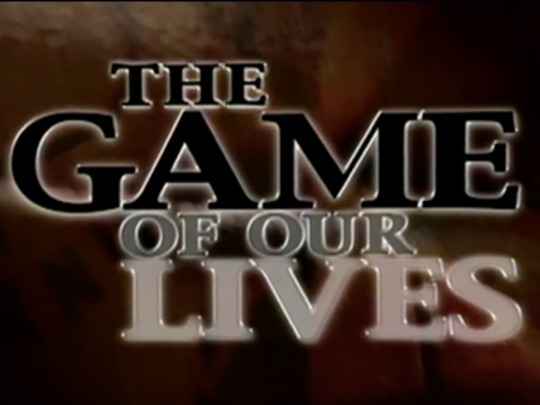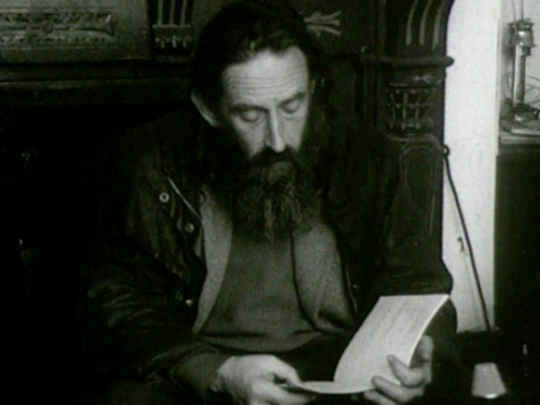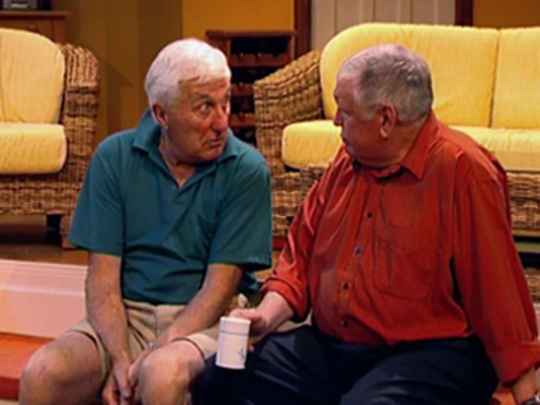...we like to think we shrugged off the cultural cringe, but the truth is it mutates and adapts rather than dies.
– Finlay Macdonald, in the 2011 debate on whether New Zealand books deserve special treatment
As even our opponents will concede privately I'm sure, there's no real or reasonable ground for arguing that the great New Zealand novel still needs to be written, or was ever needed to be written.
– Finlay Macdonald introduces his case against the need for the Great New Zealand novel, in the 2009 debate
... of course when you've finished with an e-reader — and you'll have to finish with all of the current e-readers very quickly, because none of them are adequate — it becomes toxic landfill waste, whereas a print book is green and recyclable.
– Emily Perkins argues that printed books are far better for the environment than ebooks, late in the 2010 debate
...so there they are, our valiant literary warriors; present and reasonably correct. I wish you all the best of Vintner's Luck. I have no idea whether that's actually a good thing — I'm waiting for the movie.
– Host Te Radar introduces the debaters for 2009
We need the great New Zealand novel precisely to counter rationalism. We need some irrationalism in our lives. We need some passion and some chaos and some mess and some complexity, and the novel is the form that can hold all of those things within it, that can hold our human experience . . . in New Zealand life, and sum it up . . .
– Emily Perkins counters Finlay Macdonald's appeal to rationalism, late in the 2009 debate
We are not claiming that the text is dead — we're talking about the book as object. The thing made of paper and cardboard and ink. You look around and there seem to be more books than ever. Why you can even buy books in the supermarket. You can buy books at The Warehouse, where everyone gets a bargain book. It's one of the biggest book sellers in this country. The book is now a grocery item: buy two, get one free.
– Finlay Macdonald argues over whether the book is dead, early in the 2010 debate
Bookshops charge you about 50 per cent of the price of a retail book, and booksellers get a living wage. The courier who delivers it from the publisher gets a living wage. The printer gets a living wage. The papermaker gets a living wage . . . do the people who provide the texts get a living wage? Yup, about enough to live in the Domain, or under the harbour bridge.
– Gordon McLauchlan explains how the publishing industry works, in the 2010 debate
New Zealand writers are custodians of identity. They're the guardians of self-awareness. Their books, poetry, fiction, history, are our uruwhenua. They are our voice, special to us, specific to ourselves and what's unique in our community. That's why they deserve special treatment.
– Writer CK Stead makes his case, in the 2011 debate
Quality often gets obscured by mass market . . . the so-called free market is of course rigged in favour of mass production, and the profit of international conglomerates. In the fight for retail and advertising dollars, there are many New Zealand books that readers never even hear about.
– Emily Perkins opens the 2011 debate, arguing that Kiwi books deserve special treatment
Treat these books differently, take more care, be more generous in your appraisal, forgive them their flaws and imperfections. For they are indeed special, and deserve special treatment. This is anxious, adolescent special pleading. The truth is if New Zealand books deserve any special treatment, it is that they be dignified by not being treated as special at all.
– Finlay Macdonald argues against Kiwi books deserving special treatment, in the 2011 debate
[Steve Braunias] would have it that only lunatics, dead people and me read New Zealand novels.
– Emily Perkins attacks a member of the other team, late in the 2009 debate
The truth is New Zealand books have been given special treatment for far too long. Indeed the great names in New Zealand literature still largely come from the era before we began swaddling and coddling our writers.
– Finlay Macdonald argues against local books being given special treatment, in the 2011 debate
The only question should be 'are the books excellent?' No excuses for cliché, sentimentality, drabness, plagiarism. Our books have to aim for equal status in the world; they have to compete in the world, and succeed.
– Charlotte Grimshaw argues against local books desering special treatment, in the 2011 debate
